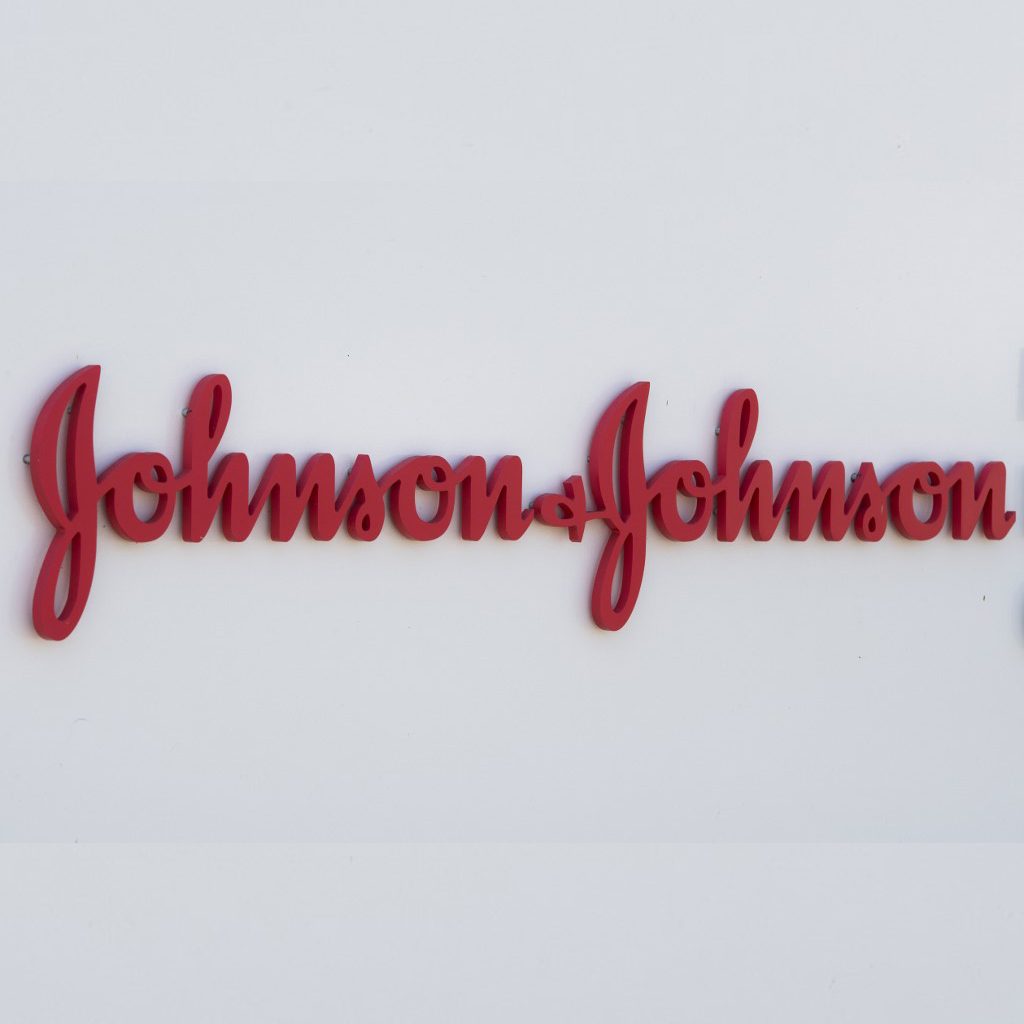SUMMARY
This is AI generated summarization, which may have errors. For context, always refer to the full article.

US pharmaceutical giant Johnson & Johnson said Tuesday, December 8, it plans to provide 500 million doses of its vaccine for poor countries once results of clinical trials are announced by the end of January.
It plans to sell the vaccine at cost price and will provide the doses to Gavi, the Vaccine Alliance, the group’s scientific director Paul Stoffels told a virtual round table in Geneva.
The vaccine is currently undergoing final-stage clinical trials involving 60,000 participants at more than 200 locations in the US and other countries. Results are expected in late January.
J&J’s Stoffels said the firm’s Phase III trials – which had to be interrupted briefly when one subject fell ill – are now “in full swing,” adding: “We target for results the month of January for efficacy and safety.”
AstraZeneca, a leading rival in the world scramble for a coronavirus vaccine, has also pledged to sell its candidate at cost – around 2.50 euros ($2.80) per dose – while Pfizer of the United States has targeted a top price of around $40.
J&J had said in September that it hoped to win emergency authorization to market its vaccine early next year.
Unlike some rival vaccines that require storage at extremely low temperatures, J&J’s can be kept at 2.0 degrees Centigrade (35.6 Fahrenheit).
Speaking at the same conference, organized by the International Federation of Pharmaceutical Manufacturers and Associations (IFPMA), the head of Swiss lab Roche, Severin Schwan, said the at-cost model for vaccines could stymie innovation in the future.
“It’s a good model during a crisis, but I don’t think it can be a standard for sustainable innovation in the long run,” said Schwan, the IFPMA vice president. – Rappler.com
Add a comment
How does this make you feel?
There are no comments yet. Add your comment to start the conversation.